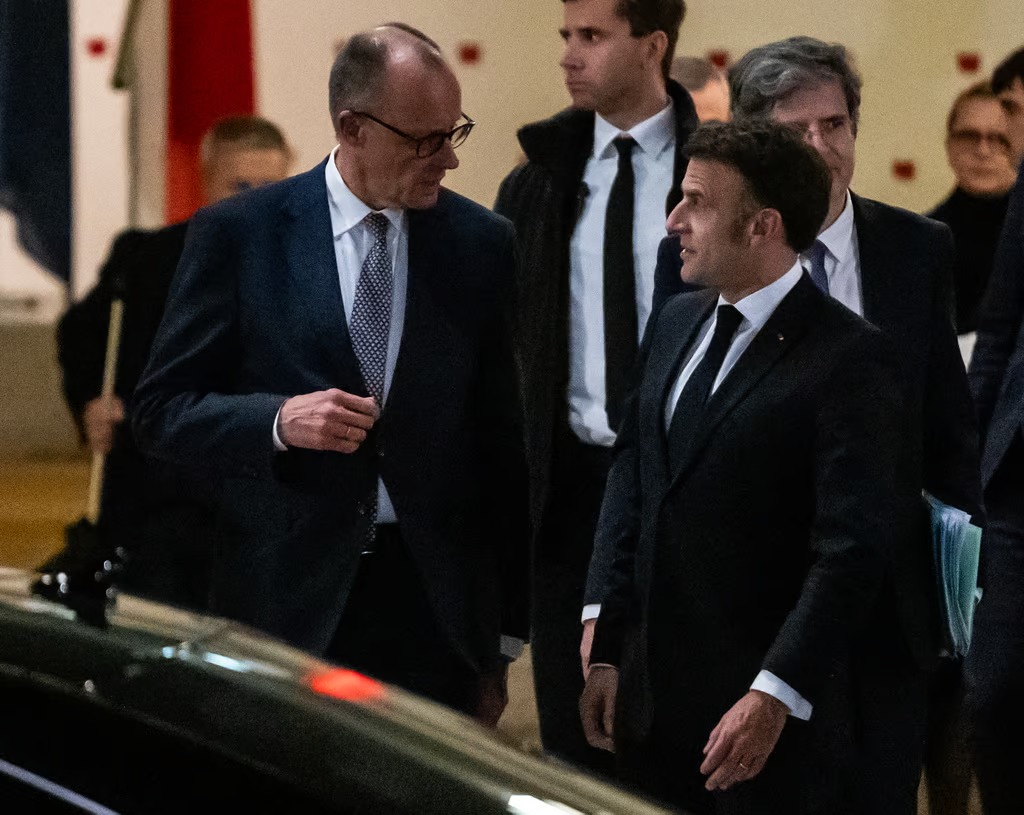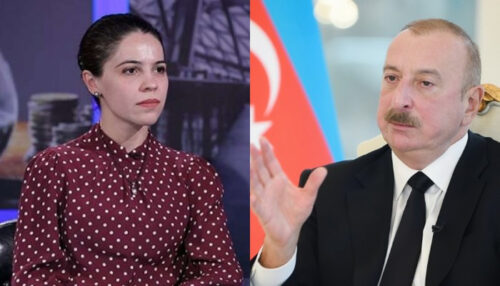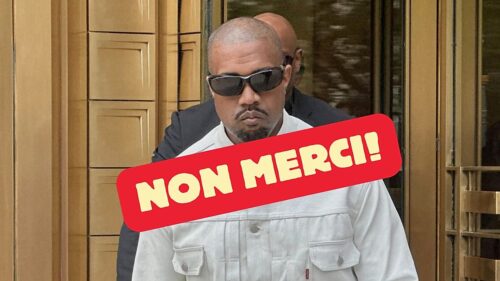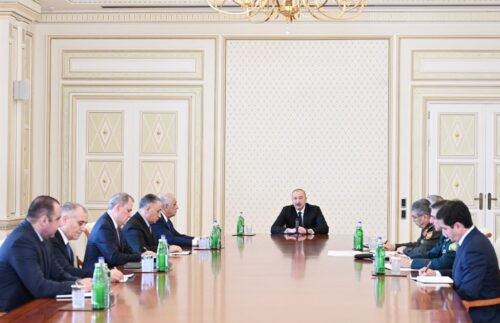
Merz cannot count on Macron to save EU-Latin America trade deal, says Politico
The transatlantic trade war is increasing pressure on France to back a trade deal with South America’s Mercosur bloc, but Paris isn’t ready to give in just yet, Politico writes.
Despite increasing pressure from Berlin and Brussels—and the need to hit back against Donald Trump’s assault on global trade—France is still refusing to endorse the EU’s landmark Mercosur trade deal with Latin America.
As noted, Earlier this month, Emmanuel Macron’s new best friend, incoming German Chancellor Friedrich Merz, said the French president was reversing his opposition to the pact and was “now leaning toward ratifying the Mercosur agreement.” French officials have been quick to deny Merz’s claim — with a foreign ministry official saying Trump’s imposition of the highest U.S. tariffs in a century “has not changed anything.”
Paris has long been the EU’s fiercest opponent to a pact with a bloc that includes the agri powerhouses of Argentina and Brazil. It fears that a deluge of beef and other food imports will undermine French farmers, one of the country’s most politically powerful groups, Politico writes.
“No, we haven’t changed our position on Mercosur,” confirmed an Élysée official, also granted permission to speak on the condition of anonymity, as is customary in France. “The content of the agreement has not changed, in particular the lack of effective protection of sensitive agricultural sectors, which means that the agreement remains unacceptable as it stands.”
France’s continued opposition is an annoyance to the EU’s free traders, who reckon a deal that boosts manufacturing exports to South America might be just what the European Union needs as it seeks trading partners to replace a United States lurching into protectionism.
The Mercosur deal should, after all, create a common market of nearly 800 million people by removing almost all tariffs.
But despite its protestations, France is privately coming to terms with the fact that the controversial agreement might soon be approved, whether Paris likes it or not.
The deal, sealed by EU chief executive Ursula von der Leyen and Mercosur leaders at a December summit in the Uruguayan capital of Montevideo, is undergoing translation and legal scrubbing and should go to a vote by EU member countries in the fall.
France has repeatedly said it would vote against the accord. But the deal’s supporters hope that the trade war with the U.S. will push Paris to change its mind. After all, Trump’s tariffs are disrupting trade relations with the U.S., the EU’s top export destination, and the trade war only makes the case stronger for finding new export markets.



